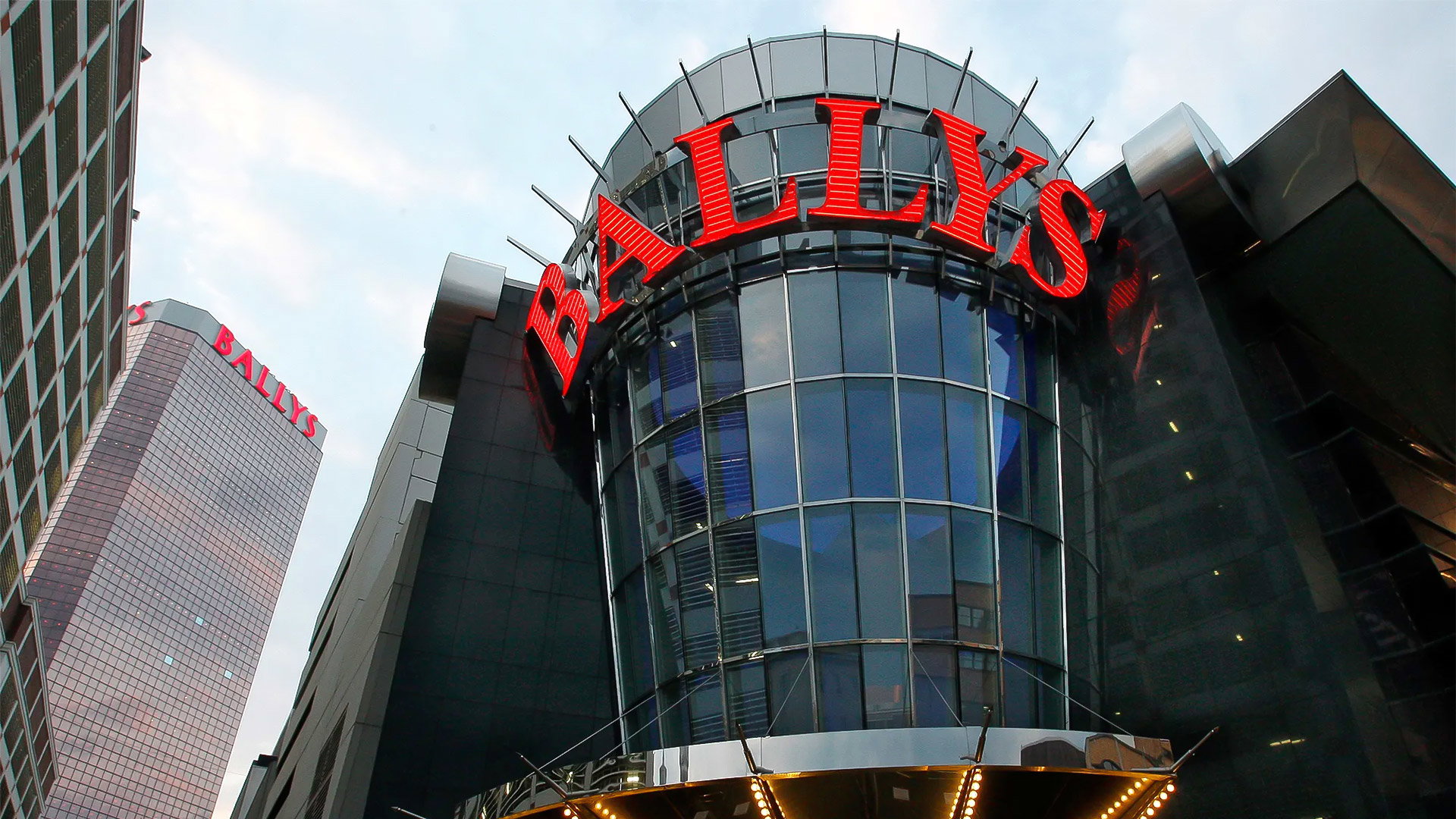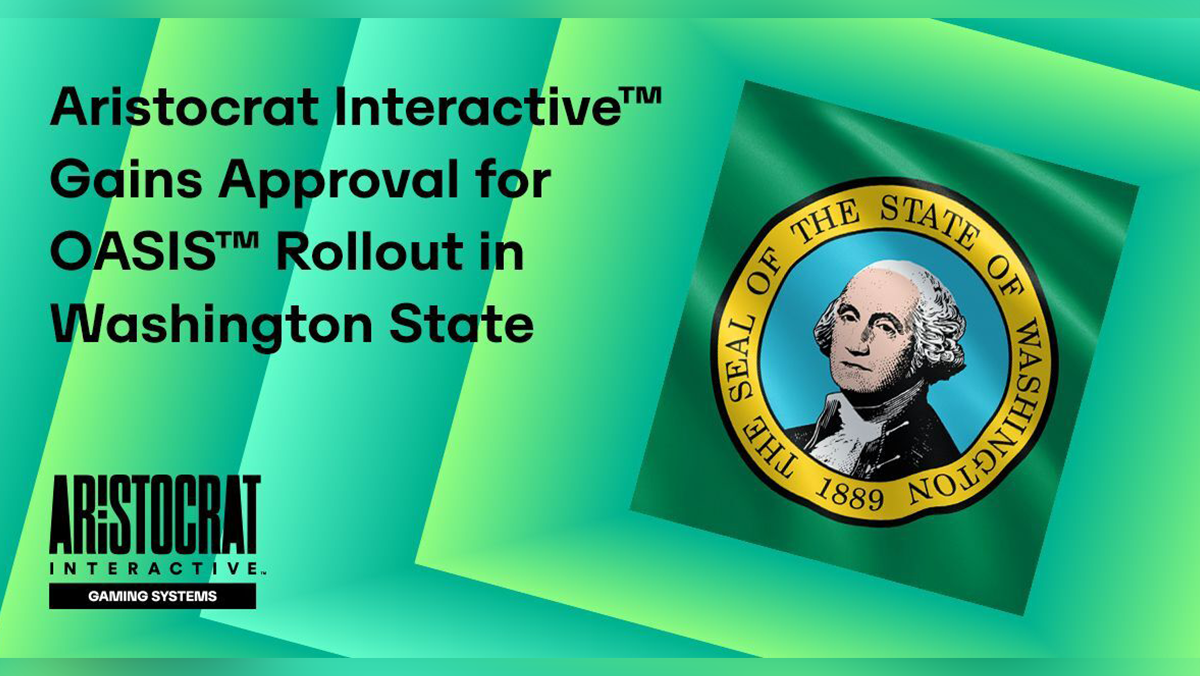GambleAware pushes for sweeping UK ban on betting ads at sports events and pre-watershed TV

As the UK prepares for the next government, GambleAware is intensifying its campaign to curb betting advertising, calling for a ban on ads at sports events and on pre-watershed television. Citing recent research, which shows public support for such measures, the UK's leading charity is urging stricter controls to protect vulnerable individuals from gambling promotions.
A recent survey commissioned by the UK's leading charity amidst the fervor of Euro 2024 reveals that two-thirds of UK residents believe there are excessive gambling advertisements. The charity warns that these ads pose a heightened risk to those already struggling with gambling addiction, who are reportedly nearly 40 times more likely to increase their betting activity after exposure.
While the UK government's recent white paper on gambling proposed measures like a £5 cap on digital slot machine stakes and new affordability checks, advertising regulations remained largely untouched—a decision GambleAware criticizes as a missed opportunity.
GambleAware's Director General, Zoe Osmond, emphasized the need for comprehensive action, urging the next government to ban all gambling marketing during sports events. This includes removing sponsorships from sports apparel and widening the restrictions across stadium areas.
Despite some voluntary measures by industry stakeholders, such as the "whistle to whistle" ban on advertising during live sports broadcasts, concerns persist. Osmond highlighted the prevalence of gambling ads during sensitive times like the school run, calling for stringent pre-watershed bans on TV, video on demand, and radio.
“It [advertising] has been overlooked,” she said, as reported by The Guardian. “Even if there hadn’t been an election we’d be calling on the government to do this.”
In response to the charity's advocacy, Gambling Minister Stuart Andrew has previously cited a lack of conclusive evidence linking gambling advertising to harmful behaviors, a stance Osmond challenged with data indicating that 40% of individuals with gambling problems attribute increased betting to ad exposure.
Moreover, GambleAware proposes introducing health warnings akin to those on tobacco products, aiming to alert consumers to the potential risks associated with gambling.
Meanwhile, the Betting & Gaming Council, representing industry interests, defends the role of regulated gambling in supporting national sports, including funding for leagues like the English Football League.


















































